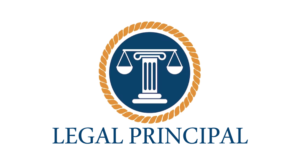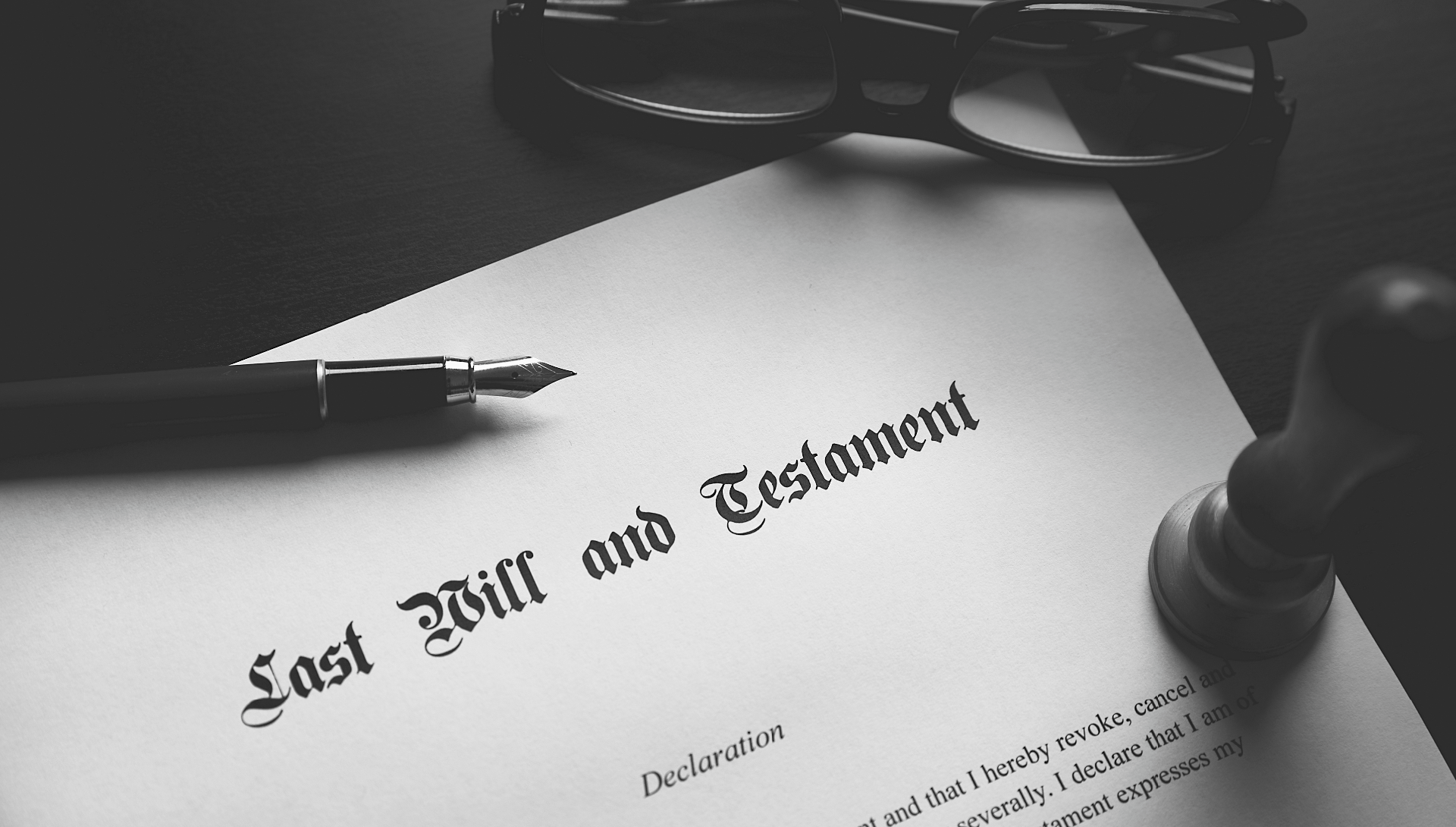You can designate who will inherit your assets and property after your death by creating a will. To make sure your will is legitimate, you must take specific actions, and you may make mistakes along the route. For your loved ones, these errors may result in uncertainty, delays, and even extra expenses. Fortunately, there are easy things you can do to prevent this from occurring and every will writer in Cheltenham will advise you on how to go about it.
We will explore the main will-related errors, and advise on how to prevent them from happening to you.
Improper Execution
Generally, you must sign your will in front of two witnesses who must also sign it for it to be deemed legitimate. Your witnesses can be called to testify in court after your death to verify that the will was actually yours. Having witnesses and correctly signing a will may seem like a formality after all the labor involved in preparing one.
Your will may be contested in court and maybe declared void if you fail to have witnesses or sign it incorrectly. State law would then decide who would receive your assets as your estate would be regarded as though you had no will at all and this could be problematic, particularly if you intended to leave something to a charity.
Not Making Changes to Your Will
Only when your will accurately reflects your life and the people in it will it be of any service. Your will should adapt to your changing circumstances as they occur.
Every three to five years, or whenever a significant life event occurs, experts advise evaluating and revising your will. Examples of such events include, purchasing a home (or other piece of real estate), having a grandchild or child, getting married or divorcing, or relocating to a different state.
Disregarding Your Non-Probate Assets
Non-probate assets are those that are not bequeathed to recipients by your will. These are things like life insurance payouts and retirement savings, which beneficiaries are named on different forms to which the owner of the will should fill.
At every time you update your will, make sure to review and modify the beneficiaries of your non-probate assets to prevent such circumstances. This will help to verify that your estate arrangements reflect your current intentions.
Failing to Have A Will
One of the most common blunders is not having a will at all! People wrongly assume they don’t need a will for a variety of reasons, including the belief that they are too young or insufficiently affluent. No matter their age or wealth, every adult should have a will.
Conclusion
A will helps to speed up probate, which is the court-supervised process of dispersing your assets. This can save your loved ones time and money while also providing them with piece of mind knowing their desires are being carried out. It is therefore very important for every adult to have a will and the most common will-related blunders can readily avoided.

